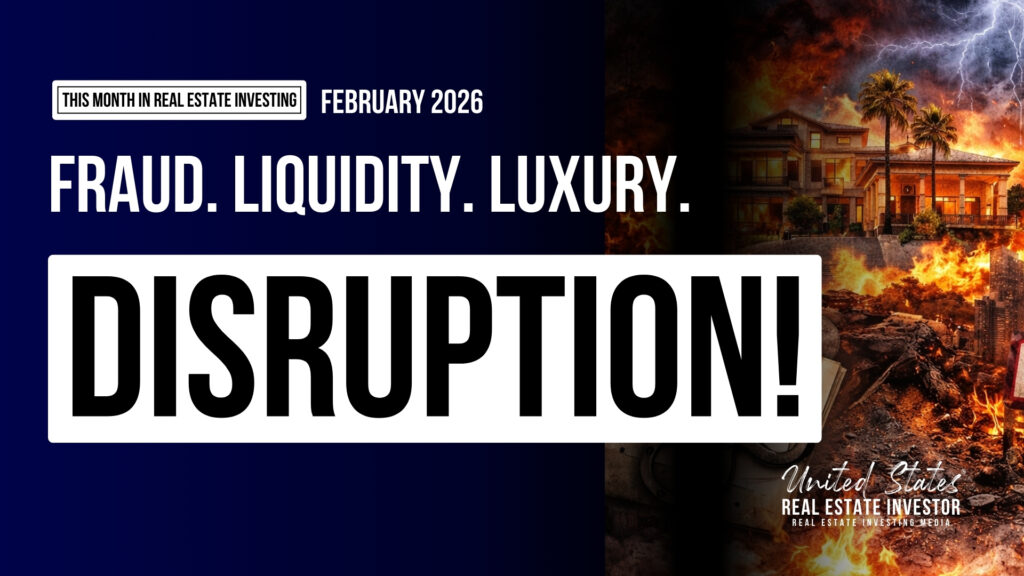Legal Battle Over NYC’s FARE Act
In a dramatic clash that could reshape New York City’s rental market, the Real Estate Board of New York (REBNY) and several brokerages have filed lawsuits. They aim to halt the Fairness in Apartment Rental Expenses (FARE) Act, slated for implementation on June 11, 2025.
This legislation seeks to curb the practice of landlords passing broker fees onto tenants. It has sparked significant debate over its implications and tenant rights advancements.
The FARE Act intends to alleviate financial burdens imposed by broker fees, which often account for 15% of annual rent. By prohibiting these costs from being passed to tenants, it aims to reduce upfront financial barriers, sometimes exceeding $13,000.
Proponents argue that this legislative shift aligns with enhancing tenant rights. It provides relief in a city where affordability is a persistent challenge.
However, real estate entities and brokerages worry transferring these fees to landlords could backfire. They argue it might trigger rent increases and reduce affordable housing availability.
The concern is that increased landlord operating costs could lead to elevated rents. This could decrease the availability of rent-stabilized apartments, complicating affordability for tenants.
To enforce the act, additional penalties such as $750 for failing to disclose tenant fees clearly and $375 for not providing itemized lists will be imposed. REBNY and its allies are fighting to freeze the FARE Act, contending it infringes on constitutional protections. These lawsuits claim it affects contractual agreements and free speech.
They emphasize the financial strain on brokers, who may need to restructure business models. Traditionally relying on tenant-funded commissions, brokers could pivot toward exclusive tenant representation.
Despite the legal wrangling, public support for eliminating broker fees is strong. Governor Kathy Hochul’s backing distinguishes this effort from prior unsuccessful reforms.
Complicating matters, Mayor Eric Adams didn’t sign the bill into law, even with initial support. This reflects the complexity and multifaceted impacts on various real estate stakeholders.
As the legal battle continues, the focus is on whether courts uphold the FARE Act. The outcome will be instrumental in defining broker fee implications and balancing tenant rights against economic realities.
Assessment
As the legal battle over the NYC FARE Act intensifies, the real estate community faces unprecedented uncertainty.
Brokers argue that the tenant fee ban threatens their livelihood and disrupts market dynamics.
Conversely, tenant advocacy groups continue to champion the regulation as a necessary protection for renters.
The ensuing court decision will have far-reaching implications for the real estate environment in New York City.
This decision could set a precedent for future legislative battles across the nation.
























6 Responses
Isnt it funny how brokers are quick to sue when its their pockets hit? What about tenants rights? Renters unite! #TenantPower
Doesnt the FARE Act protect tenants? Brokers suing seems like a desperate cash grab, to me. Thoughts? #NYCrentersrights
Guess what? These brokers shouldve thought twice before exploiting tenants. Karmas a real thing, pals. Grab your popcorn, folks! #TenantPower #FAREAct #NYC
Im just saying, arent NYC brokers just trying to protect their livelihood? Whos gonna pay their bills if tenant fees get axed? Just food for thought.
Sure, but isnt it time we prioritize tenants rights over broker profits? Just some food for thought.
Isnt it ironic how brokers sue over a fee ban when its tenants who struggle with exorbitant rents in NYC? Just a thought, folks.